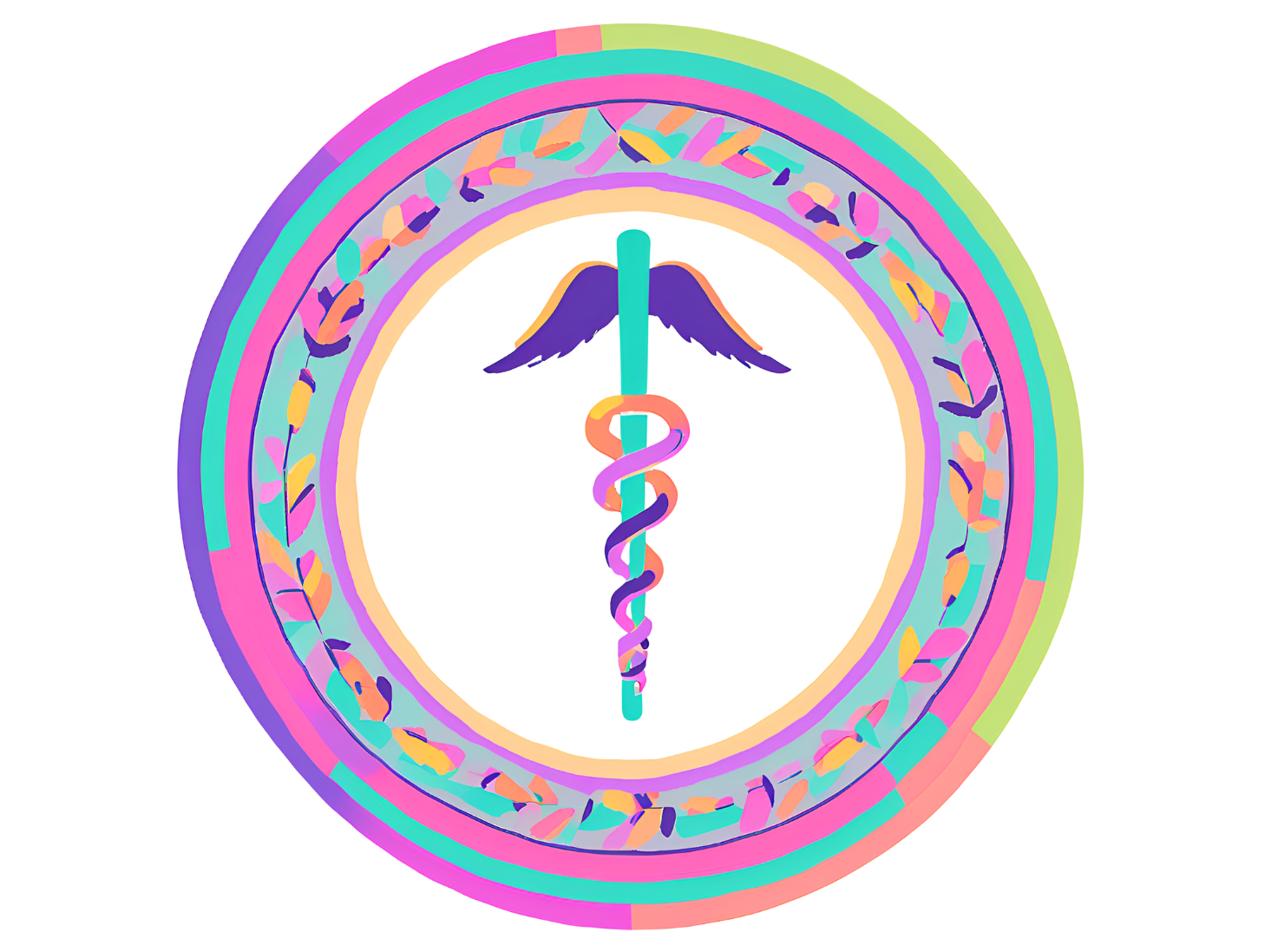Why Your Doctor's Independence Matters: A Patient's and Physician's View
Sarah Bahsas • September 18, 2025
The Hidden Cost of Corporate Medicine and What True Independence Means for Your Health.
The Patient's View: The Power of a Fiduciary Relationship
As a patient, you trust your doctor with your most valuable asset: your health. This trust is built on a legal and ethical foundation called a fiduciary duty. A fiduciary is a professional, like your physician, who is obligated to act with the utmost loyalty and good faith in your best interest. This means your doctor must put your health and well-being above their own, avoiding conflicts of interest.
Unfortunately, this fiduciary responsibility isn't shared by everyone in the healthcare system. Insurance companies, for instance, don't have a fiduciary duty to you. Their primary obligation is to their shareholders, not to your best interest. This can create a conflict where your doctor is obligated to provide the best care, while an insurance company may be motivated to limit it to control costs.
The Physician's View: Upholding the Oath and Preventing Moral Injury
For doctors, staying in independent practice is about more than just business; it's about honoring the Hippocratic Oath—a solemn vow to uphold a code of ethics centered on patient benefit. However, the modern healthcare system, dominated by insurance and large corporations, places a strain on these core values.
This corporate control leads to:
Corporate Interference in Care:
Insurance companies and PBMs (Pharmacy Benefit Managers) dictate which medications and treatments are approved, often forcing physicians to prescribe less effective alternatives simply because they're "on the list."
Restricted Referrals:
Corporate networks can limit where we can send patients for specialized care, sometimes funneling them to specific providers who may not be the best fit.
Undermining Medical Expertise:
When non-medical corporate entities control access to care, they're essentially practicing medicine without a license. This coercion directly undermines a physician’s training and ethical obligations.
This inability to provide the best care—even when we know what's needed—is causing a serious crisis among doctors: moral injury.
Moral injury
is a deep-seated distress that occurs when an individual's actions, or lack of them, violate their core moral beliefs. Unlike burnout, which is a state of physical and emotional exhaustion from increasing workload, moral injury is an internal conflict. For physicians, it's the anguish of not being able to provide care that aligns with our professional ethics and Hippocratic Oath, often due to system-level constraints imposed by corporate medicine. It's the feeling of helplessness and betrayal that we can’t do what we were trained to do.
By staying independent, we can break free from these constraints. We can honor our Hippocratic Oath and uphold our fiduciary duty to you, our patients. In an independent practice, the focus is where it should be: on the sacred relationship between a doctor and their patient, ensuring that your health and well-being are always the top priority.

Did you know Congress has access to Direct Primary Care (DPC) for just $503 a year? They enjoy services like primary care, lab work, and physical therapy—all without insurance hassles. With fewer patients per doctor, DPC offers more personalized care. The best part? You can get the same benefits! Learn how joining a Direct Primary Care practice can give you quality care at an affordable price, just like Congress enjoys.

In this blog post, we break down the difference between Direct Primary Care (DPC) and traditional health insurance in a way that's easy to understand. Curious about what makes DPC unique? We'll also dive into how it all started and how this simple, patient-focused approach to healthcare is changing the way people access medical care. Whether you're looking for a more affordable option or just want to learn about the future of healthcare, this post gives you the answers you need.
Click to learn how Direct Primary Care might be the solution you're looking for!






